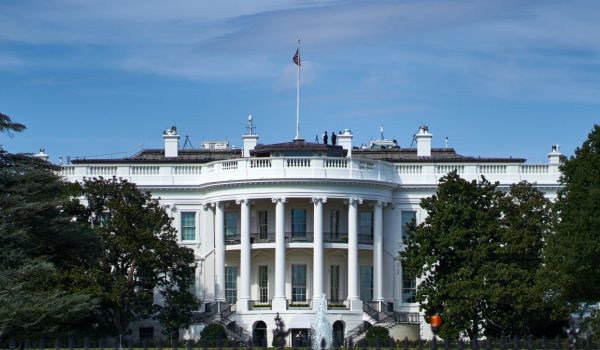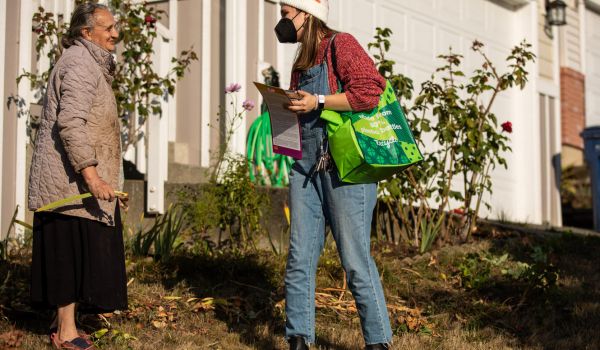Minimum Wage Increases in Over 20 Municipalities
The federal minimum wage hasn’t seen an increase in nearly 13 years. But beginning this month, the lowest-paid workers in more than 20 states, cities and counties will see their wages increase, CBS News reports.
“With the federal minimum wage stuck at an abysmal $7.25 an hour, state increases are essential for workers, businesses and the economy,” Holly Sklar, the CEO of Business for a Fair Minimum Wage, tells CBS News. More than 6 million workers will reportedly see the impact of these increases, which vary between municipalities.
According to the Economic Policy Institute, 30 states and D.C. have a minimum wage higher than the federal minimum wage. Though workers have advocated for the $15 federal minimum wage in the past, with inflation at a 40-year high, that’s now insufficient: The National Low Income Housing Coalition estimated in 2021 that workers would have to earn $20.04 an hour to afford a modest-one bedroom rental.
Ecuador Reaches Deal With Indigenous Leaders to End Protests
After weeks of mass protest over the rising cost of living and fuel prices, Indigenious leaders in Ecuador have come to an agreement with the government, the AP reports.
The new deal will decrease the price of petrol and diesel by 15 cents and will limit oil extraction and mining activity in protected areas and Indigenous lands.
Since mid-June, tens of thousands of demonstrators led by Ecuadorian indigenous organization CONAIE filled the capital in protests that turned violent. CONAIE leader Leonidas Iza says he will end the protests, which shocked Ecuador’s economy, following the deal.
“Credit Invisible” Immigrants Are Left Out of Mainstream Lending
Getting a credit card or a loan is yet another economic barrier that undocumented workers face, MarketPlace reports in this feature on America’s 45 million “credit invisible” individuals.
Without having bank accounts, undocumented immigrants and other unbanked people – mostly low-income households and people of color – struggle to qualify for most credit cards and mainstream lending services.
Marketplace spoke to José Quiñónez, who grew up with undocumented and unbanked parents and now runs a financial technology company called Mission Asset Fund, which we have covered in the past. The company establishes lending circles for undocumented borrowers with no credit history to lend each other money, assisting them in building credit.
This article is part of The Bottom Line, a series exploring scalable solutions for problems related to affordability, inclusive economic growth and access to capital. Click here to subscribe to our Bottom Line newsletter.

Shania DeGroot is an Emma Bowen Foundation Fellow with Next City for summer 2022.


















